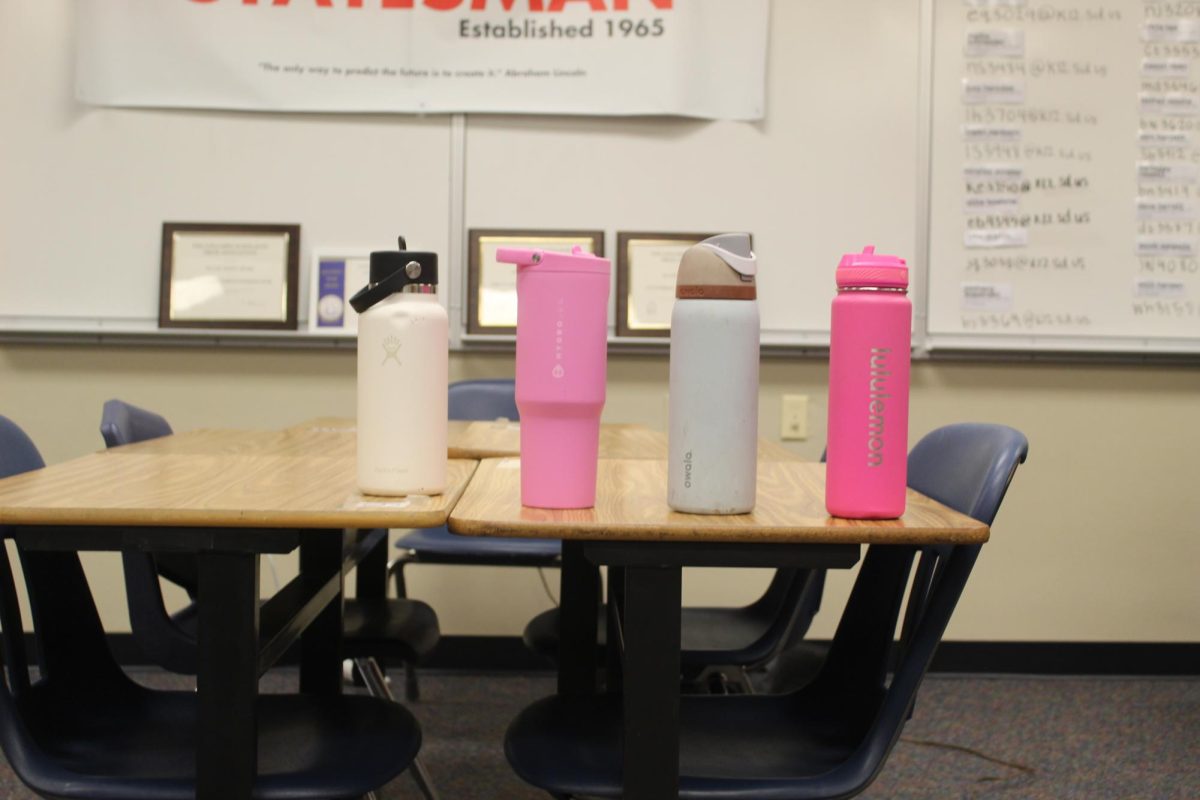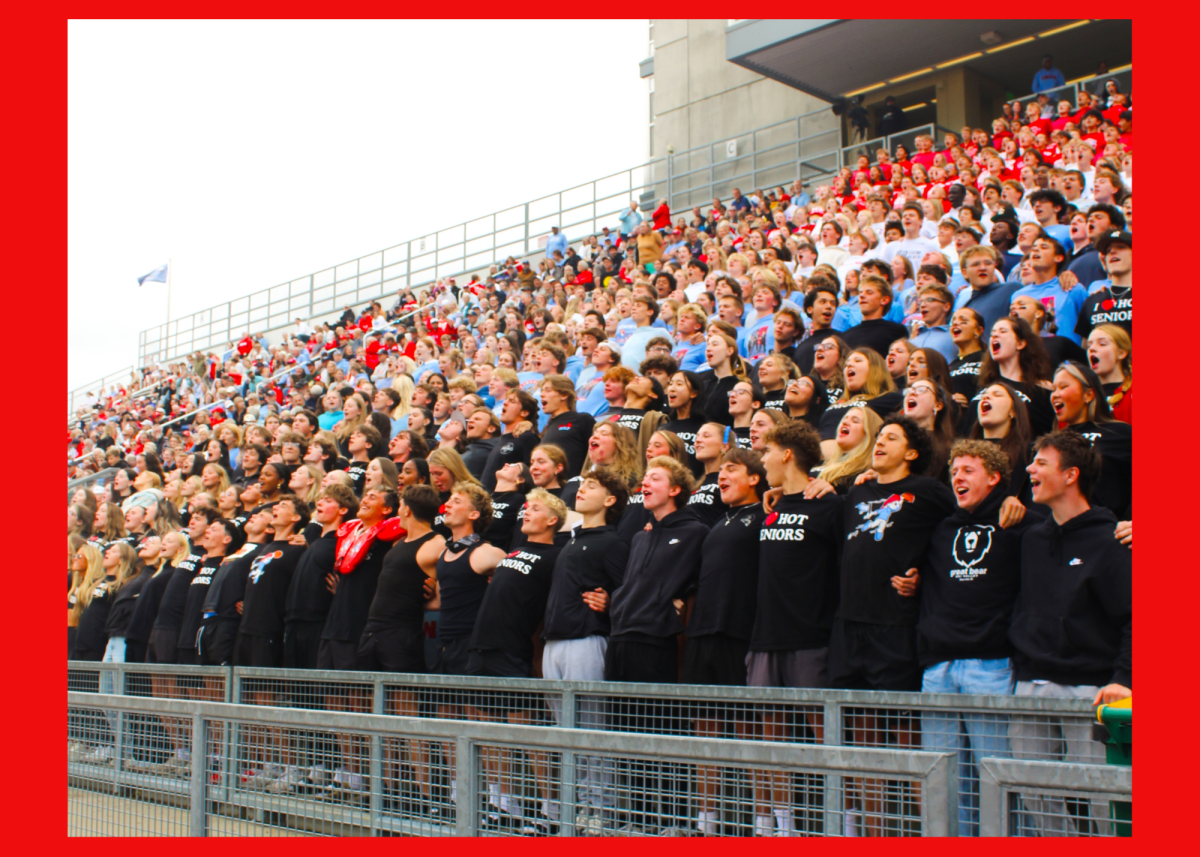For some, 2014 may seem like years ago, but many have likely felt a sudden wave of nostalgia wash over them while witnessing the Ice Bucket Challenge resurface.
The Ice Bucket Challenge originally gained popularity during the summer of 2014. According to the ALS Association, over 17 million people participated in the ALS Ice Bucket Challenge worldwide. This challenge raised $115 million and spread awareness for the disease, Amyotrophic Lateral Sclerosis, across many nations.
To be a part of the mission, individuals would pour a bucket of ice water on their head, and ask others to do so by challenging them to the challenge. Like chain mail, this was a brilliant way to help others learn about ALS. The videos would spread across social media platforms like Instagram and Facebook.
So now, in 2025, while scrolling through Instagram, the Ice Bucket Challenge has made an appearance yet again. This time for a different cause.
The University of South Carolina shared a video focusing on mental health. The MIND (Mental Illness Needs Discussion) club from USC is leading the campaign, which was started in March of 2025. The organization donates to Active Minds, which aims to change the stigma and norms around mental health. To participate, the requirements are simple. Grab a bucket and someone to help pour it, and speak out about mental health. Then, invite others to do the same. However, those who are camera-shy can donate to Active Minds directly.
By partaking in the USC Ice Bucket Challenge, it is possible others might feel a spark to do so as well. It is encouraged to provide insight and mental health resources while recording the challenge. This way, more people speak out about the generally sensitive subject. The National Institute of Mental Health explains that 18 to 25-year-olds are the most common age group to face mental health struggles, and the USC challenge perfectly targets young adults. Since the younger population spends plenty of time on social media, the age group is more likely to see the spread of awareness and want to join in as well.
By joining the movement, more people will be reached, resulting in a change in mental health. Donate to Active Minds, or record a video of yourself doing the challenge, using the hashtag #SpeakYourMind.










